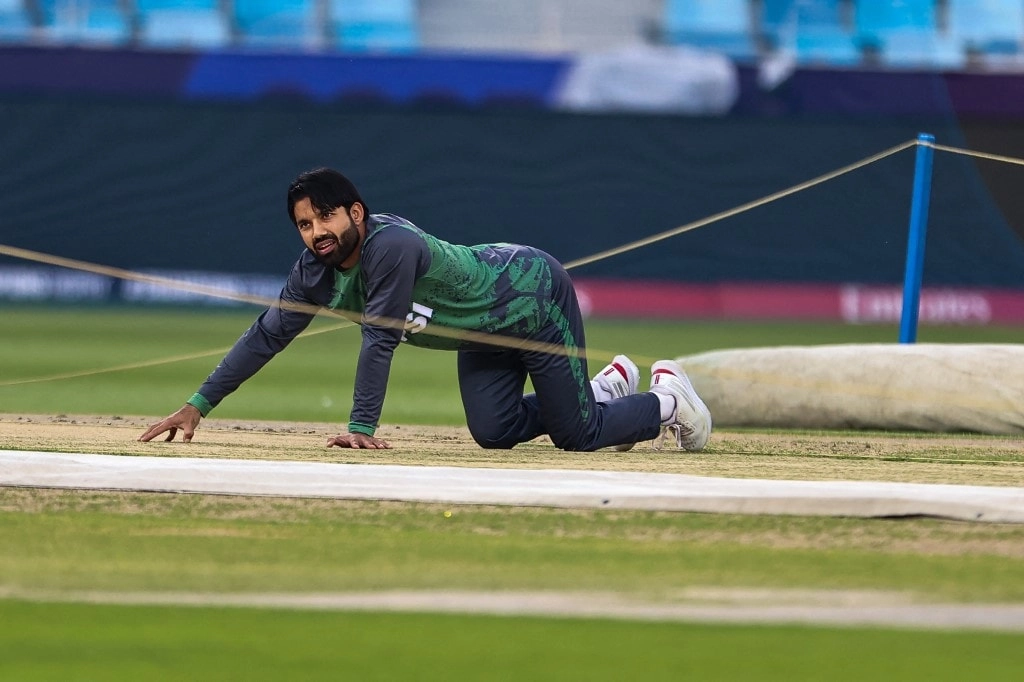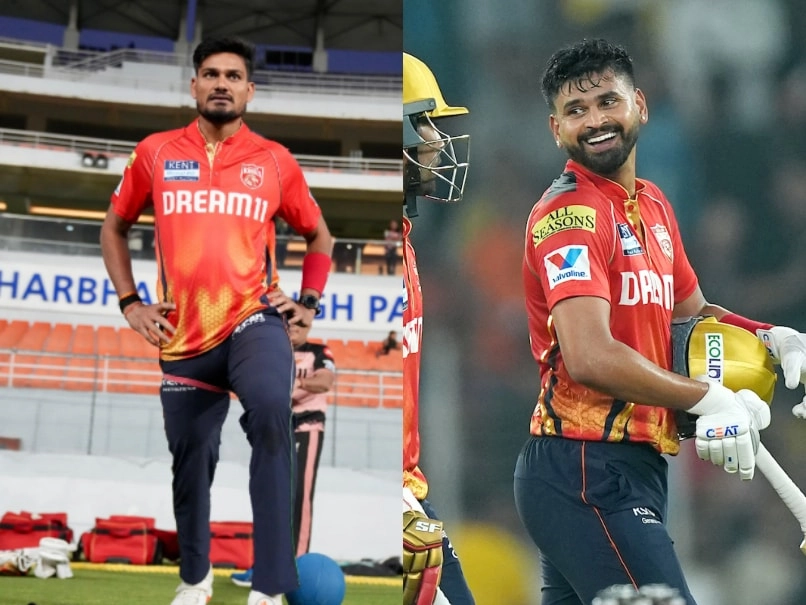In a recent social media controversy, former Australian cricketer Michael Slater has faced significant backlash for his comments regarding Pakistani cricketer Mohammad Rizwan’s English skills. Slater, known for his outspoken nature, took to a public platform to mock Rizwan’s command of the English language, which many observers found to be in poor taste. This incident has sparked a heated debate about professionalism and the responsibilities of public figures, particularly in the sports arena.
Critics have been quick to label Slater’s comments as “pathetic” and “unprofessional,” arguing that mocking someone’s language skills is not only disrespectful but also detracts from the spirit of sportsmanship. Rizwan, who has become a prominent figure in international cricket, is often praised for his dedication and hard work, qualities that should be celebrated rather than ridiculed. Many fans and fellow cricketers have rallied to Rizwan’s defense, highlighting the importance of inclusivity and respect in a global sport that brings together individuals from diverse backgrounds.
The backlash against Slater has not only drawn attention to the specific incident but also reignited discussions about the treatment of athletes in the public eye. It raises the question of how language barriers can affect players’ experiences and whether more should be done to support non-native speakers in professional sports. As the cricket community continues to evolve, the need for empathy and understanding becomes increasingly clear. Public figures like Slater have a platform that can either uplift or demean, and in this case, his choice to mock Rizwan has certainly crossed a line, prompting calls for greater accountability and sensitivity among commentators and former players alike.




